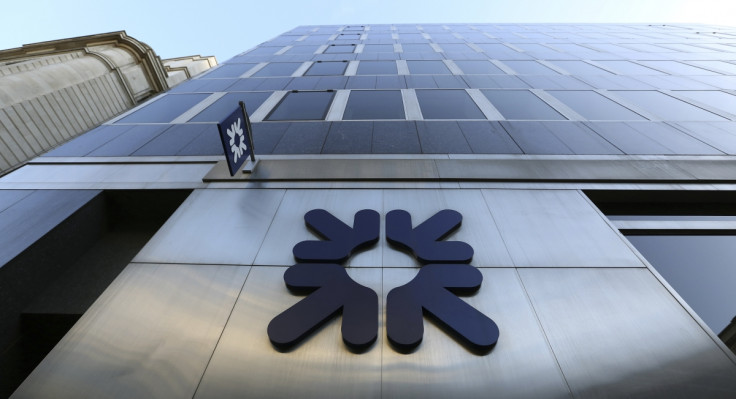RBS to Cut 30,000 Jobs by 2019

The Royal Bank of Scotland is tipped to be axing 30,000 jobs over the next three to five years as the group aims to exit from more risky investment banking activities under its new leadership.
While many media outlets are reporting a 20,000 person cull from the headcount, the Financial Times said RBS will cut 30,000 jobs by 2019 at the latest.
RBS declined to comment.
Last week, the bank's chief executive Ross McEwan said: "my aspiration is not to run the world's biggest bank. My aspiration is to run the best bank in the UK - nothing to do with size.
"A lot of our costs are old costs related to a big global group that we are not any more," McEwan added.
RBS received a taxpayer funded £45bn (€54bn, $73bn) bailout in 2008 and is still 81% owned by the government as privatisation plans keep getting pushed back.
This week, RBS revealed that it is selling some structured retail investor products and equity derivatives businesses to France's BNP Paribas for an undisclosed amount.
The bank noted in an exchange filing that the sale was part of its strategy to shrink its investment banking business and focus on retail banking.
The equities derivatives unit offers complex investment schemes targeted at high-net-worth clients and experienced investors.
The sale of the RBS portfolio, which is valued at about £175bn, will dispose of up to £15bn of liabilities which it managed.
The transaction is subject to competition approval and is expected to be implemented on a phased basis during 2014 and 2015. BNP said it expects to receive clearance in the first half of 2014.
RBS earlier said that it plans to dispose all structured retail investor products and equity derivatives to "de-emphasise some of the more complex structured products that are capital intensive or costly to run".
Costly Scandals
Following the credit crisis, RBS has been rocked by numerous scandals, from market manipulation, to mass mis-selling, to nationwide IT failures.
n February 2013, RBS agreed to pay £390m to settle US and UK charges related to the manipulation of the benchmark lending rate known as Libor, as well as pleading guilty to a criminal charge of wire fraud from a Japanese subsidiary.
At the end of November last year, the FCA has asked a number of banks to confirm that they have not engaged in similar practices to those allegedly followed by RBS in which businesses were engineered into default while the firm profited from them.
The FCA only just kicked off its own review last month.
At the same time, RBS put aside another £3.1bn to settle claims over the mis-selling of payment protection insurance (PPI), mortgage products and interest rate swap agreements.
However, on top of all these problems, RBS is still having to tackle "decades of IT system investment failure," which left millions of customers unable to pay for goods and services or receive payments, after several service outages.
In tandem, the 12,000-strong RBOS Shareholder Action Group is taking the bank to court over allegations that the bank did not fully disclose its true financial condition prior to the government bailout.
© Copyright IBTimes 2024. All rights reserved.






